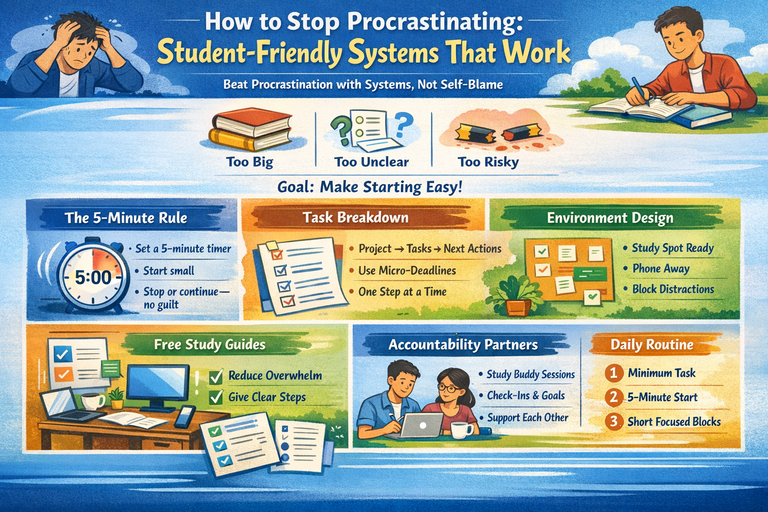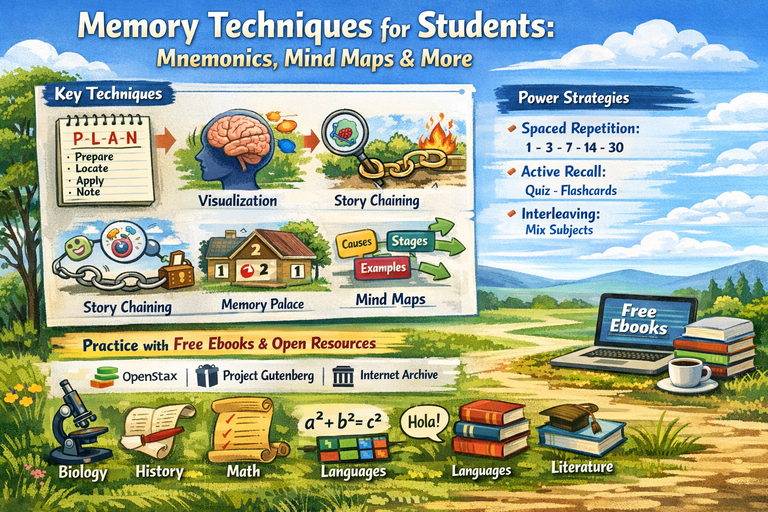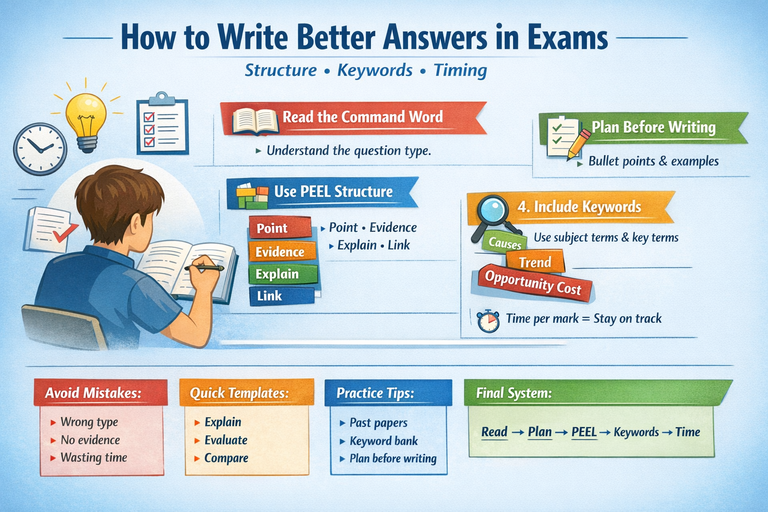Real-Life Finance Lessons from Fictional Scenarios
Finance may seem like a world dominated by numbers, charts, and spreadsheets—but the human side of finance tells a different story. Literature, particularly fiction centered on finance, brings that human element to life. Whether it’s a struggling entrepreneur, a ruthless investor, or a trader on the brink of collapse, fictional scenarios often mirror real-life financial situations, giving readers practical insights cloaked in compelling narratives.
At Junkybooks, we’ve explored countless novels and stories that don’t just entertain but also educate. In fact, many of the best financial principles aren’t learned from textbooks—they’re drawn from the choices and consequences experienced by fictional characters. These characters make mistakes, take risks, chase dreams, and confront failure in ways that echo the decisions investors and professionals face every day.
In this post, we highlight key real-life finance lessons that can be extracted from fictional stories, showing how literature can offer more than just drama—it can teach you how to handle your money, your mindset, and your future.
1. Risk and Reward: Understanding the Trade-Off
One of the most common themes in finance fiction is the concept of risk and reward. Characters who seek great gains are often forced to take significant risks. The results can be monumental success—or catastrophic failure.
In Michael Lewis’s The Big Short, which reads like a fast-paced novel, the protagonists bet against the housing market at a time when everyone else believed it was indestructible. Their reward was massive, but so was their risk: reputational damage, professional ridicule, and financial exposure.
Real-life lesson: Every investment involves a risk-reward trade-off. The higher the potential return, the greater the risk. Fiction reminds us that due diligence, timing, and a clear understanding of downside risks are essential before making bold financial moves.
2. Emotional Control: Don’t Let Feelings Dictate Finances
Fictional finance plots are often driven by emotion—fear, greed, ambition, and desperation. These stories show how emotional decisions can override logic, leading to poor outcomes.
In The Fear Index by Robert Harris, fear is literally weaponized through a hedge fund's algorithm that predicts market movements based on emotional trends. As the story unfolds, panic-driven decisions spiral out of control.
Real-life lesson: Emotional investing is dangerous. Whether it's panic-selling during a dip or blindly following a trend, letting feelings guide financial decisions often leads to losses. Staying calm and sticking to a well-thought-out strategy is key to long-term success.
3. The Power of Information: Knowledge Is Wealth
Many finance-themed novels revolve around information asymmetry—the idea that those who know more can exploit those who know less. In stories like Tom Wolfe’s The Bonfire of the Vanities, characters manipulate financial systems using privileged information, often to unethical ends.
Real-life lesson: Staying informed is your best defense in the financial world. Read widely, stay updated, and understand what you’re investing in. In both fiction and reality, information is power.
4. Diversification: Don’t Put All Your Eggs in One Basket
Characters in financial fiction often suffer massive losses because they bet everything on one outcome—whether it's a stock, a real estate deal, or a startup idea.
In The Takeover by Stephen Frey, a character places all his financial hopes on a single acquisition. When things go sideways, the fallout is devastating.
Real-life lesson: Diversification protects your wealth. Spread your investments across different asset classes to reduce exposure to any single point of failure. It’s a timeless principle that’s echoed again and again in finance fiction.
5. Timing and Patience: Wait for the Right Moment
In many fictional finance stories, the difference between success and failure comes down to timing. Acting too quickly—or waiting too long—can cost characters everything.
Take Flash Boys by Michael Lewis, which though non-fiction, reads like a thriller. The story revolves around high-frequency trading and how milliseconds can make or break a trade. The characters who succeed do so by mastering timing and identifying market inefficiencies.
Real-life lesson: While individual investors may not need millisecond precision, patience and strategic timing are crucial. Don't chase trends. Know when to hold, when to buy, and when to sell.
6. Greed Can Destroy Everything
Greed is one of the most common drivers of downfall in finance novels. In stories like American Psycho by Bret Easton Ellis, we see a finance professional driven not by sound investing, but by greed, vanity, and power.
Though exaggerated, such characters highlight a truth about financial behavior: when money becomes the end goal, rather than a tool for freedom or progress, bad decisions follow.
Real-life lesson: Greed often clouds judgment. Instead of chasing fast profits, build long-term wealth steadily and ethically.
7. Reputation and Trust Matter in the Financial World
Characters in finance fiction often operate in environments where trust and credibility are currency. In Barbarians at the Gate by Bryan Burrough and John Helyar, the story of RJR Nabisco’s leveraged buyout shows how corporate culture, reputation, and alliances can make or break a deal.
Real-life lesson: Whether you're running a business, managing clients, or networking in the investment world, your reputation can influence outcomes just as much as your financial acumen.
8. The Illusion of Control: Accept Uncertainty
Financial fiction often portrays characters who believe they can control everything—markets, people, outcomes. But the story usually proves them wrong.
In Margin Call, a fictionalized account of the 2008 financial crisis, a firm discovers its assets are worth far less than expected. Despite the best minds in the room, the firm can't avoid disaster.
Real-life lesson: Accept that uncertainty is part of the game. No one has complete control over financial markets. All you can do is prepare, diversify, and stay informed.
9. Learn from Others’ Mistakes
Fiction offers a unique opportunity to observe financial mistakes without suffering the consequences. Many novels include characters who lose money due to arrogance, ignorance, or poor planning. These fictional failures are often rooted in reality.
By analyzing these missteps, readers learn what not to do. Whether it's leveraging too much, ignoring red flags, or succumbing to hype, fictional errors translate into real-life cautionary tales.
Real-life lesson: Read widely, observe patterns, and take fictional failures seriously. They might save you from making the same mistakes.
10. Ethics and Finance Are Inseparable
Finance fiction doesn't shy away from moral questions. What is fair profit? Is insider trading ever justified? Should social impact matter in investment decisions?
In Atlas Shrugged by Ayn Rand, the protagonists grapple with questions of productivity, capitalism, and personal responsibility. While polarizing, the novel pushes readers to examine their own financial beliefs and values.
Real-life lesson: Investing isn't just technical—it’s ethical. How and where you invest reflects your values. Align your financial strategy with your principles.
Conclusion: Fiction That Makes You Financially Wiser
At Junkybooks, we believe that stories shape how we think—and how we act. Financial novels may dramatize events, but they are rooted in real-world truths. They offer a human perspective on money, investing, and decision-making that textbooks often lack.
By reading and reflecting on fictional finance scenarios, you can gain insights into strategy, behavior, ethics, and risk—all essential components of real-life financial success.
So the next time you're looking for financial wisdom, skip the charts for a while. Pick up a novel. Let the stories guide you, warn you, and prepare you for the very real challenges of the financial world.
Because in the world of money, sometimes fiction is the best teacher.








